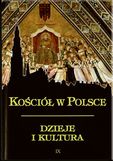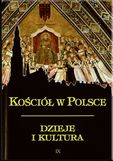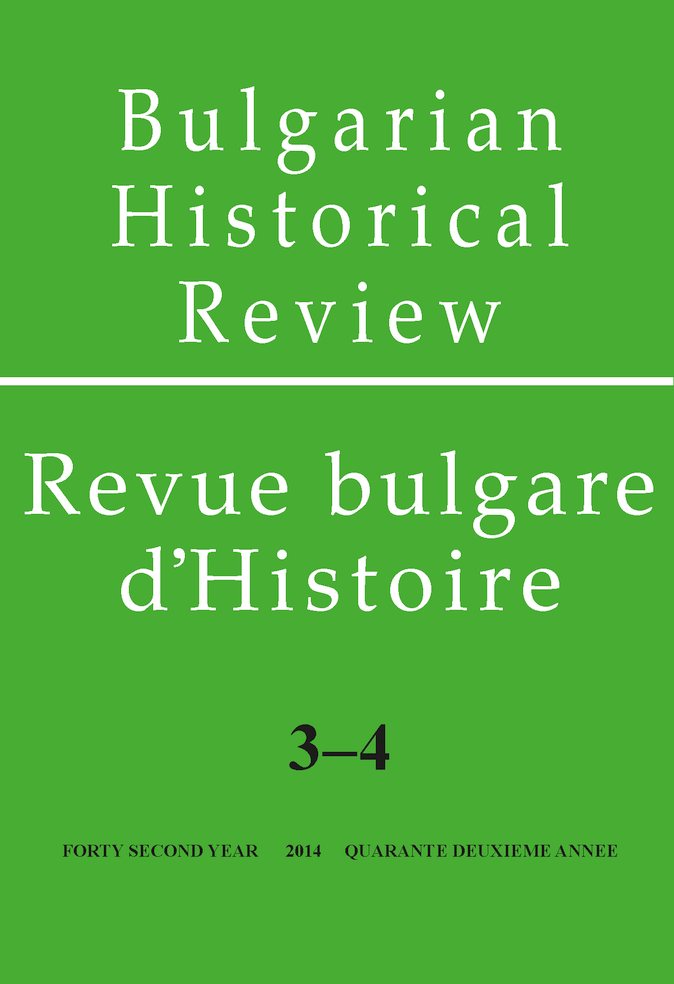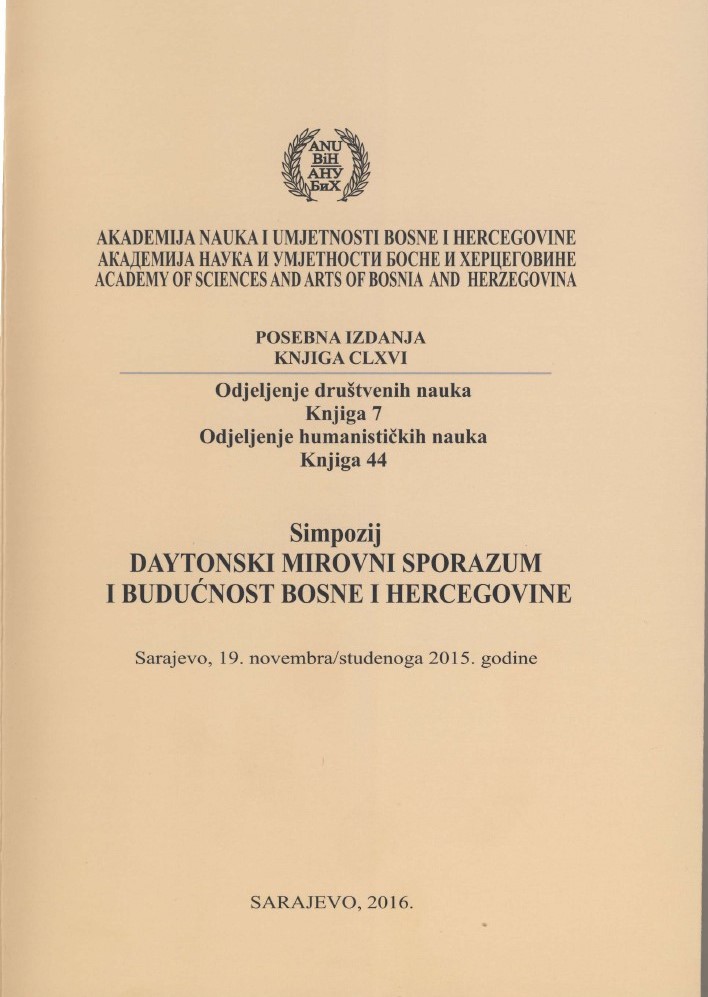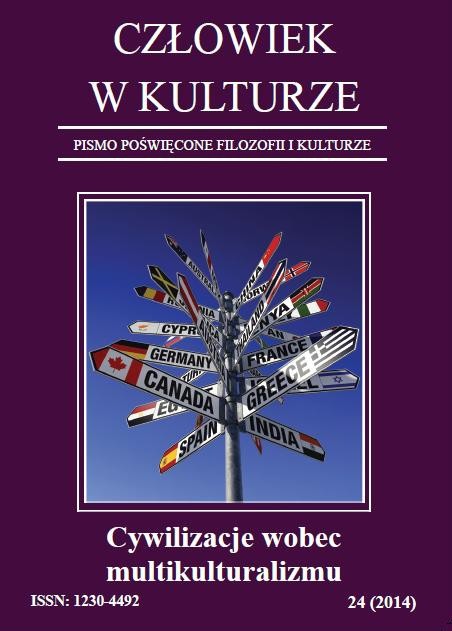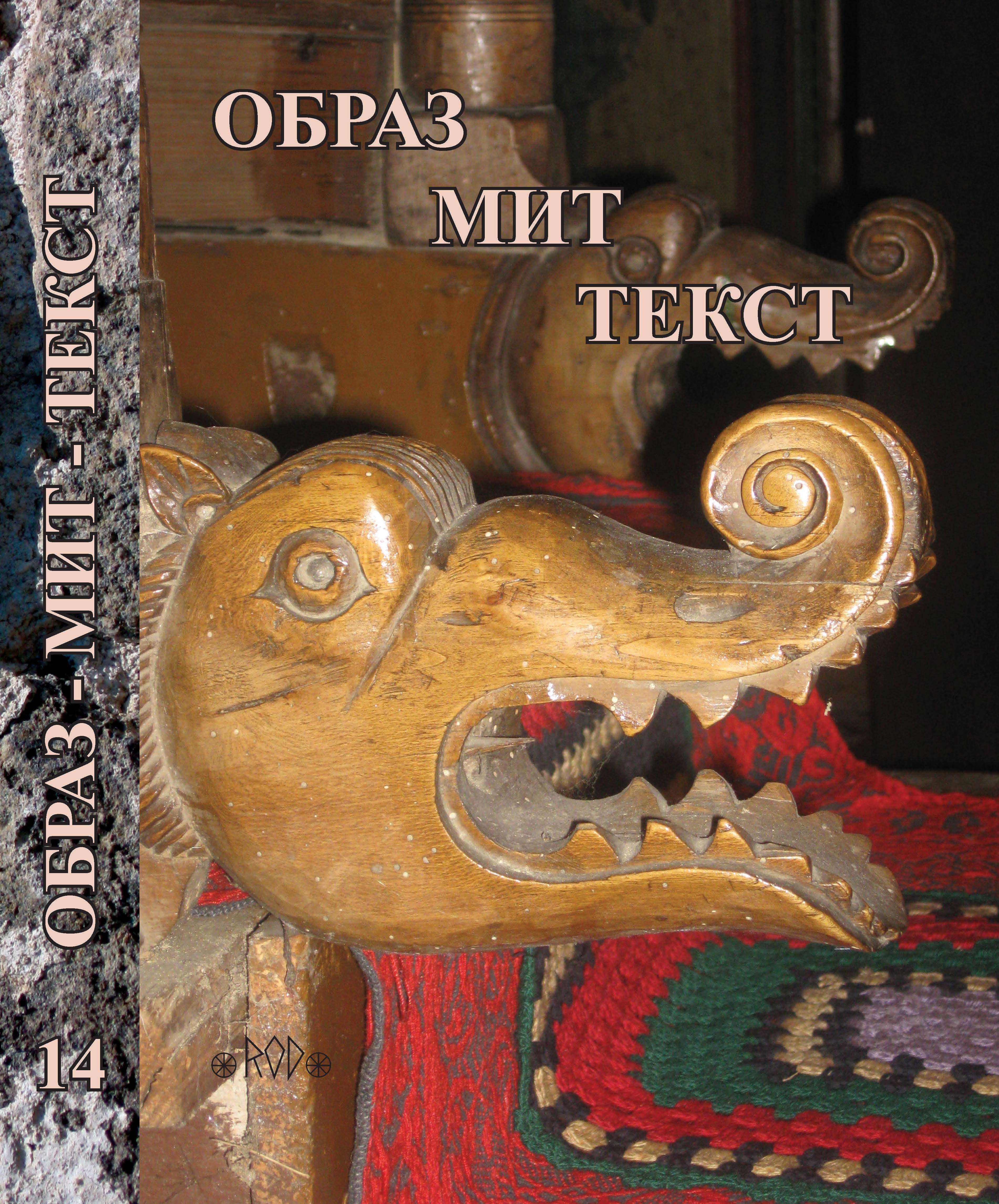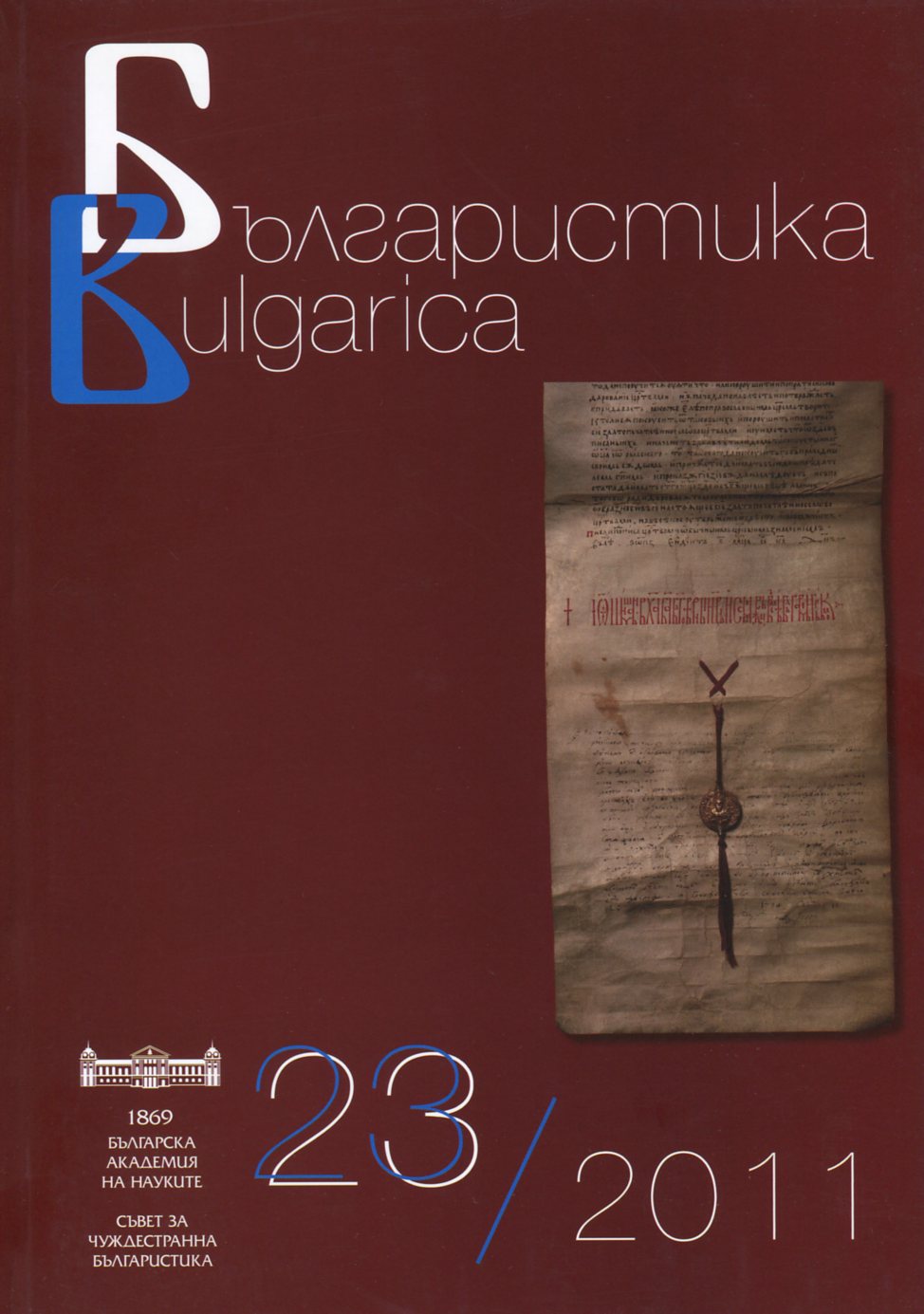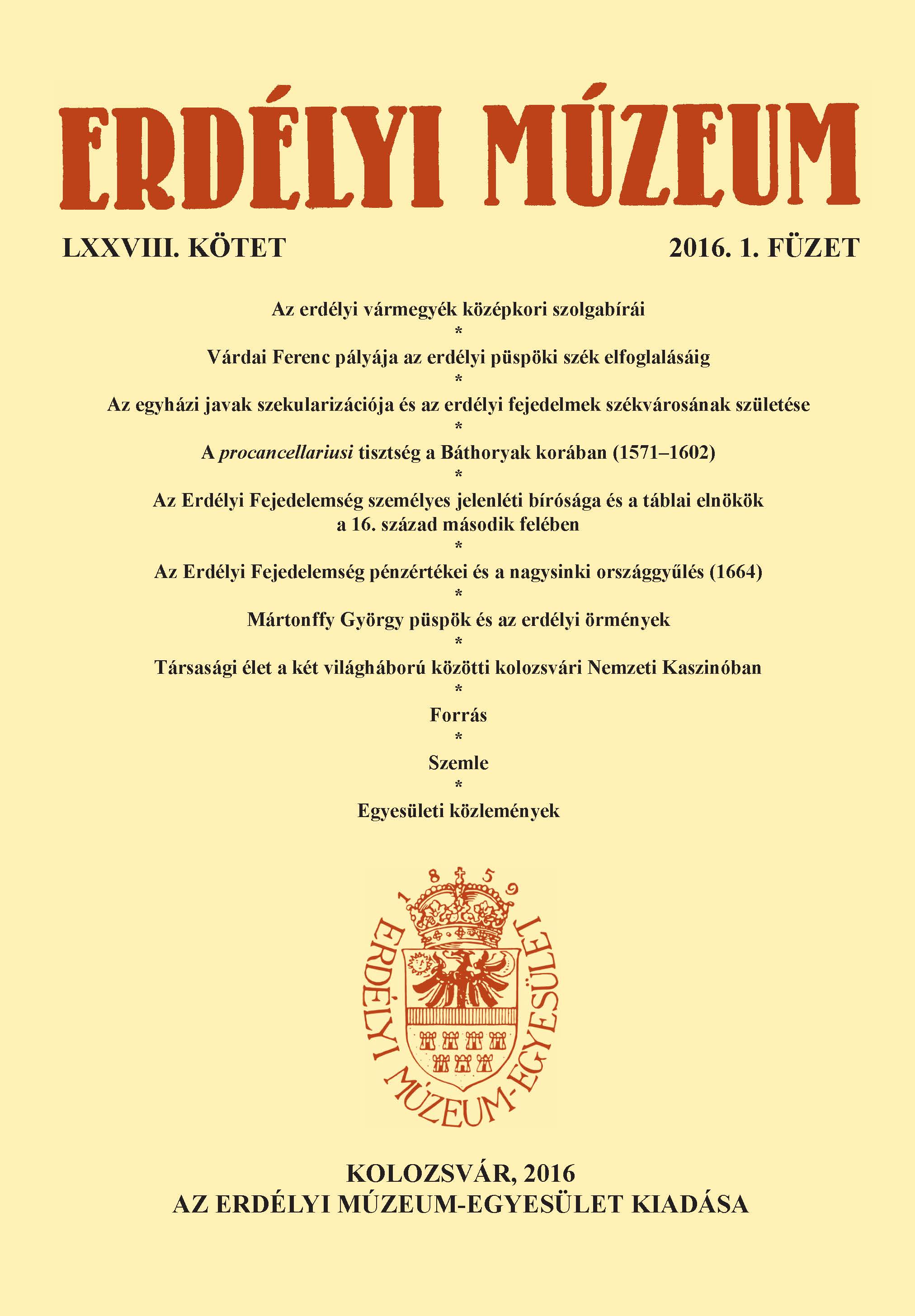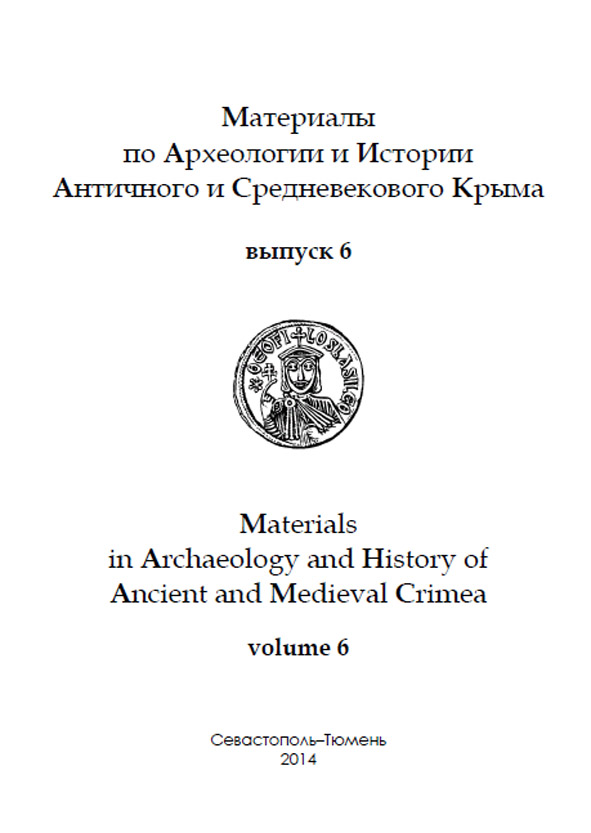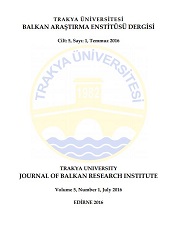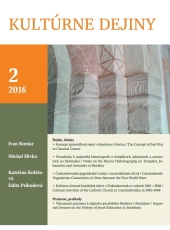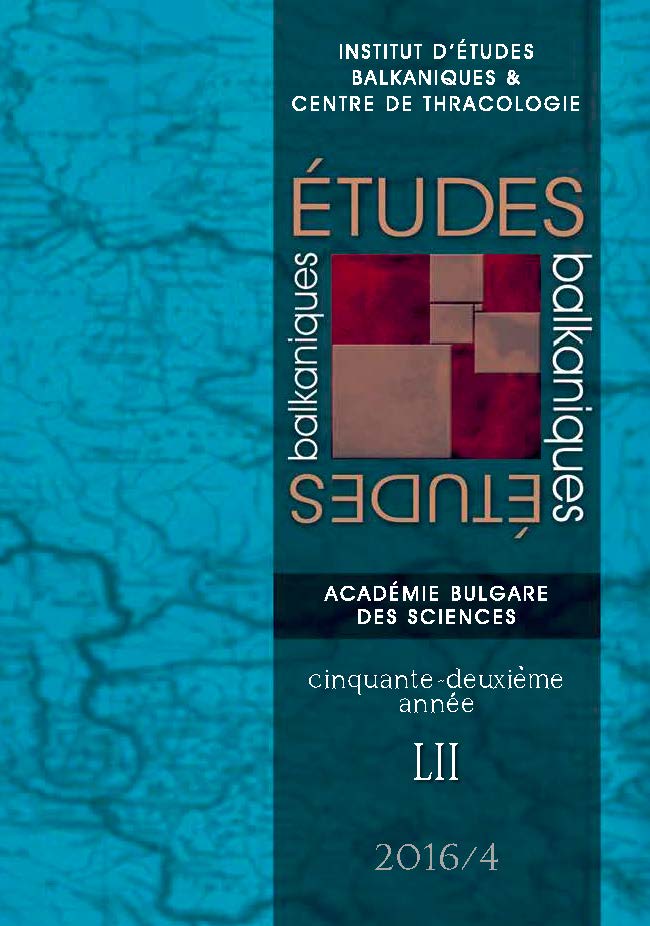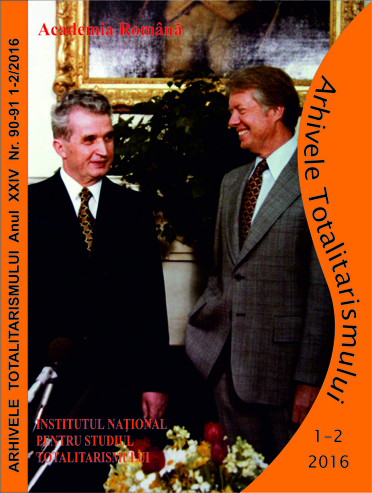Author(s): Michal Slivka / Language(s): Slovak
Issue: 2/2016
The objective of the paper is to point to some of the issues of the recent historiography on the orders of Templars, Johannites and Antonites in Slovakia as well as in the neighbouring central European countries. While quite many publications have been published recently, their quality varies considerably. The present paper tries to respond to some of the published data in order not to let them go unnoticed. Thus, the author wants to correct numerous errors that have appeared in the recent literature and put the record straight. That is because some of the works published today are strongly influenced by Romantic writings of the 19th century and have nothing to do with modern research.From the end of the 11th century on, the European history was affected by the more than 200 years lasting crusade movement with the accompanying but intense phenomenon of pilgrimage to the Holy Land. Its ideology, motivation and, in consequence, its overall inculturation as well, have been dealt with by several authors and the topic still fascinates and attracts the attention of contemporary historians, writers and even flm-makers. Thus, the period had literally generated three basic knightly religious orders – Templars, Johannites and Teutonic Knights. Later, other hospitaller religious orders got involved in the broad social-charitable area of the life of medieval history. Already the Baroque writings were primarily focused on the mysterious Templars who are also now revived by amateur endeavours of certain researchers to search for their tracks in Slovakia. In their works one can clearly see an uncritical compilation of older literature, although in the neighbouring countries one can notice going back “ad fontes” (especially in the Hungarian historiography). In particular, it is the historian of the University of Szeged in Hungary, Zsolt Hunyadi, who provided us with the most comprehensive historiography of knightly religious orders in the former Kingdom of Hungary.A brief overview of locations bound to the tradition of the so-called red monks was recently published by Miloš Jesenský and Pavol Matula in the pseudo-scientifc work entitled Po stopach templarov na Slovensku [In the Track of the Templars in Slovakia] (Bratislava : Goralinga 2008). It belongs to the romantic writings of the 19th century and has nothing in common with the modern scientifc investigation.In the paper the above mentioned overview still asks itself the fundamental question to explain the Templar tradition in the broader geographical framework of Central Europe. In the reply at the frst place there is the famous trial with the Templars that took place in their home country – France, and ended up in dissolving them in 1312. According to a papal order their possessions were passed to the order of Johannites. In Hungary the events of the trial were not as dramatic and they were basically peaceful. The second factor is the distribution of the order‘s houses, primarily in the territory of Croatia, Slavonia and Dalmatia and in Danubian Hungary. The Preceptory of St. Martin in Zagreb, the castle at Bela near Varaždin and Blatnica in Croatia and Trnava in Slavonia were mistaken for other sites.In the case of Hungary, after the extinction of the Arpads a strong support from the rulers of the Anjou dynasty was received by the Johannites who alongside King Charles Robert fought at the Battle of Rozgony in 1312. In contrast to the Templars, they were known – together with the order of Teutonic Knights – for founding and running spitals or hospices for wayfarers.The Crusades, especially the third one (1188/1190), were marked by a major transit through Central Europe, where in the Danubeland, particularly in Croatia, not only Templar, but also Johannite preceptories would be founded, supported by numerous donations from the king and the nobility. At the end of the 12th century, in the royal town of Székesfehérvár a Johannite convent was established while other Johannite convents were founded in baths (Esztergom, Gyor) and in spitals (Sopron). The order came to Hungary through German guests and it provincially fell under the administration of the monastery in the Bavarian Memmingen near Augsburg. At the end of the 13th century, probably from there they came to Spišské Dravce and then to Bratislava and Romanian Sighishoara. In earlier Slovak writings both religious houses were paid only marginal attention.The interest in the order of Antonites has increased only in the last decades, chiefly with the critical analysis of the sources of Hungarian historians, primarily Tamás Grynaeus and Judit Majorossy.
More...
